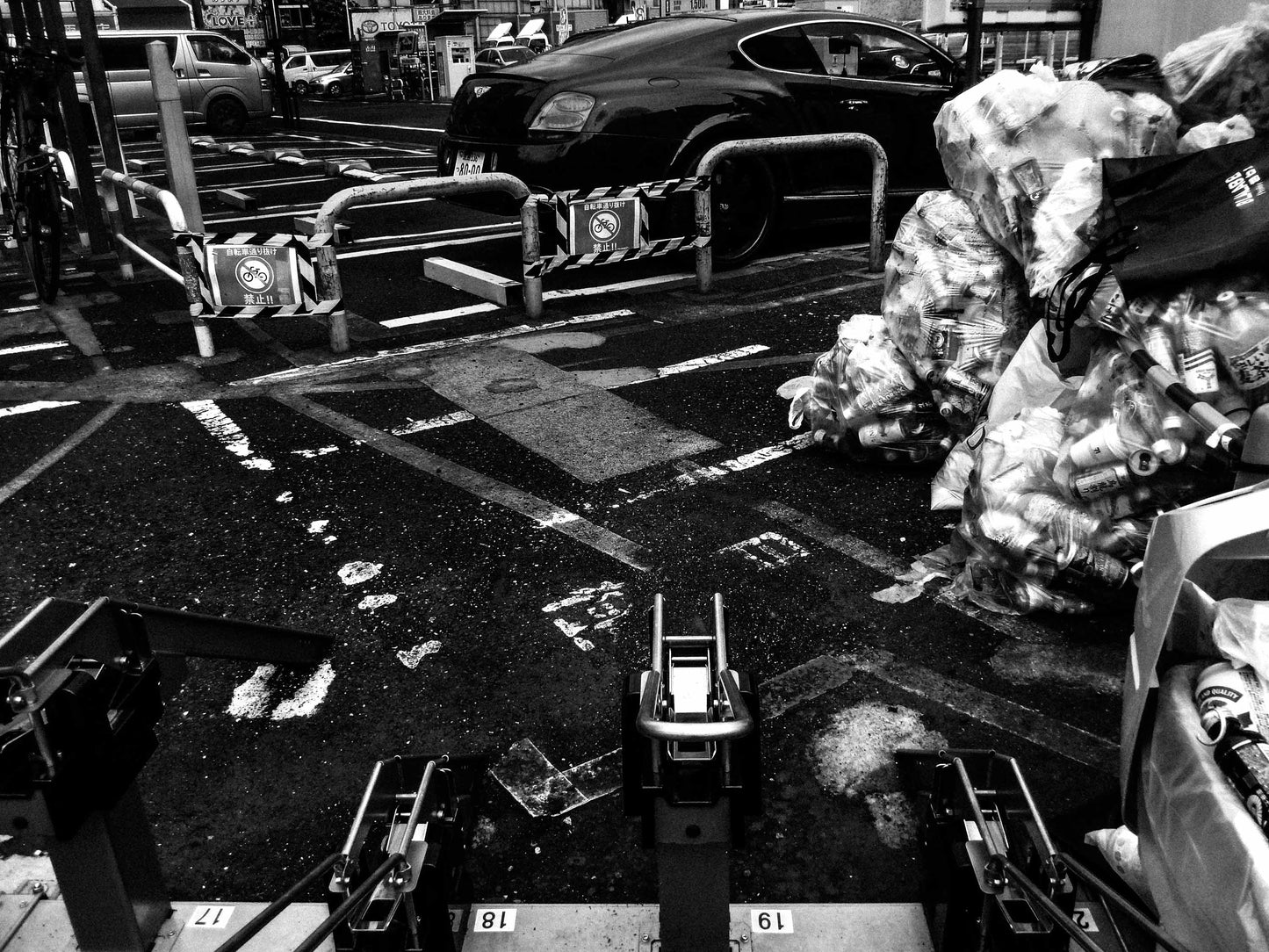1
/
の
2
SnapThreads
東京スナップTシャツ "Waste Management"
東京スナップTシャツ "Waste Management"
通常価格
¥8,000 JPY
通常価格
セール価格
¥8,000 JPY
単価
/
あたり
税込
配送料はチェックアウト時に計算されます。
size(Enter desired size in the "Building Name" field on the purchase screen.)
size(Enter desired size in the "Building Name" field on the purchase screen.)
- M
- L
- XL
- XXL
- XXXL
受取状況を読み込めませんでした
Japan's waste management practices are distinctive and advanced, even when viewed globally. Key aspects include:
-
Sorting and Recycling:
- Japan is one of the strictest countries regarding waste separation and recycling. There are various categories for waste, with different sorting rules set by each municipality.
- Plastics, paper, cans, bottles, and PET bottles are meticulously categorized for recycling.
-
Clean Public Spaces:
- Despite the scarcity of public trash bins, Japanese streets are maintained very clean. This is due to a culture where individuals take responsibility for their own waste, often bringing it back home.
-
Utilizing Waste as a Resource:
- Burnable waste is often incinerated for energy recovery, utilizing the heat for electricity generation or heating.
- Food waste and other organic materials are sometimes recycled into fertilizers or animal feed.
-
Environmental Consciousness:
- There's a high level of environmental awareness in Japan, with increasing interest in reducing waste and sustainable living.
- The principles of Reduce, Reuse, Recycle are emphasized, along with newer initiatives like Replace (substituting materials) and Reform (making systemic changes).
Globally, Japan's waste management system is highly sophisticated and efficient. However, challenges like the complexity of excessive waste sorting, capacity issues of waste processing facilities, and reducing plastic usage still exist. Nevertheless, the cleanliness, high recycling rates, and environmental consciousness set an example for many countries.
Share



